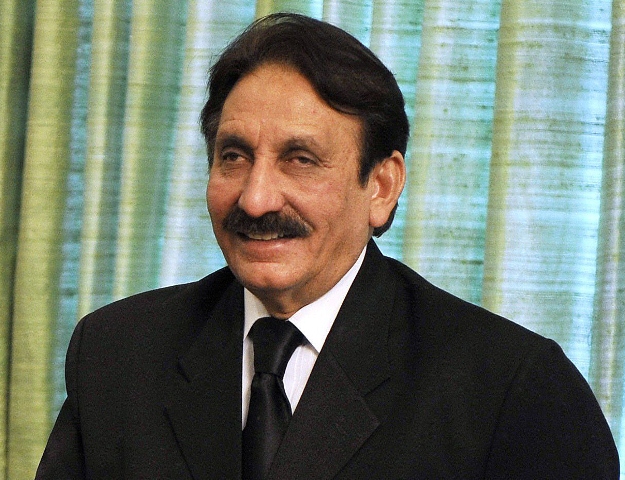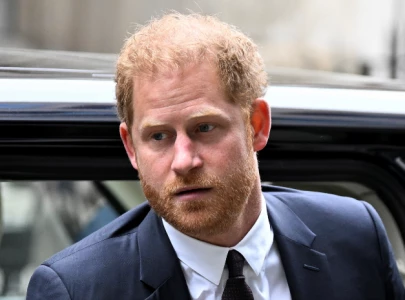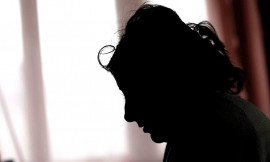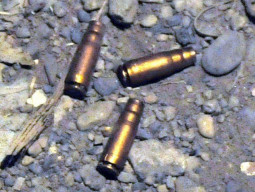
The top judge raised the question while hearing appeals filed by seven former members of the Islamabad capital administration and police personnel convicted for roughing up former chief justice Iftikhar Chaudhry in March 2007. During the hearing, the officers offered an unconditional apology to the court.
Holding CJP hostage: Police officer seeks contempt case against ex-army officers
Deliberating further on the matter, Justice Khosa quizzed whether an apology was enough to conclude contempt proceedings against a person who was caught on camera abusing the court. He asked how can the court determine if the apology was genuine remorse or just an act to wrap up contempt proceedings. “Should there be a yardstick to find out if the apology has been submitted with bona-fide intent?”
He warned that the court shall keep track of future endeavours even after a verdict has been given.
Justice Asmat Saeed Sheikh observed that if a person tendered a genuine apology, it would still be the court’s discretion to discharge contempt proceedings or not.
After hearing arguments from both sides, the apex court reserved the verdict and directed the police officers to appear in person on the day of the announcement.
Harsher sentences: SC to re-interpret contempt law
Background
The police officials moved appeals against the Supreme Court’s November 1, 2007 order sentencing Islamabad’s senior administration officials and police personnel for manhandling Justice Chaudhry. The officials had prevented the former top judge from marching towards the apex court to answer the allegation of misuse of office before the Supreme Judicial Council (SJC).
However, the sentence was suspended for 15 days at the request of the convicts for filing appeals against the convictions.
Later, a 10-member bench barred the respective departments from taking any adverse action against the appellants till pendency of their appeals.
On April 24, Chief Justice Mian Saqib Nisar directed senior counsel Sheikh Ehsanud Din to ask Justice Chaudhry whether he was willing to pardon the contemnors. The former CJP related that he had nothing to do with the issue but highlighted that the matter was linked to the prestige of the institution.

1731570357-0/elon-musk-(1)1731570357-0-165x106.webp)
-(1)1717678110-0/Kendrick-(1)-(1)1717678110-0-165x106.webp)














COMMENTS
Comments are moderated and generally will be posted if they are on-topic and not abusive.
For more information, please see our Comments FAQ